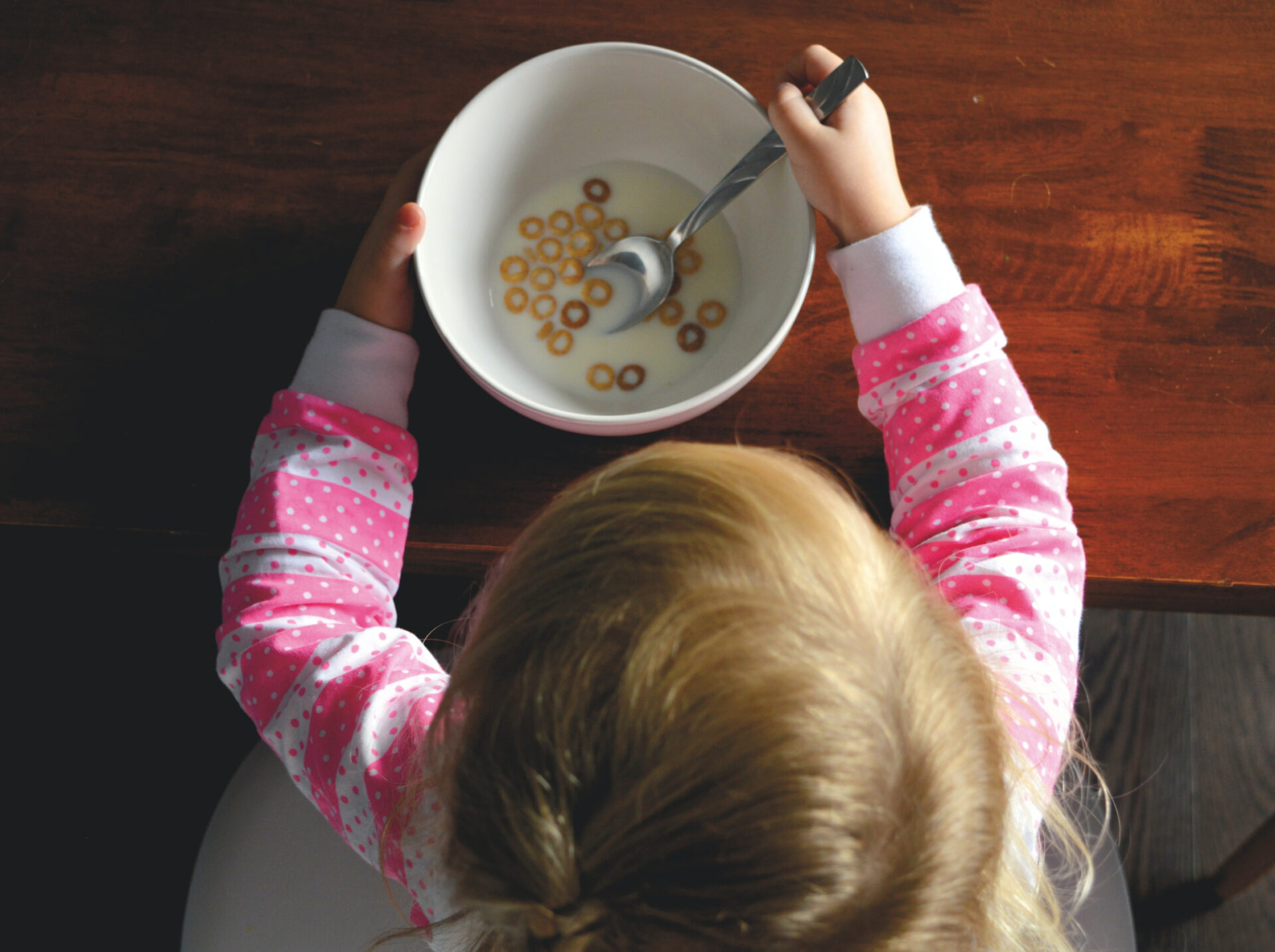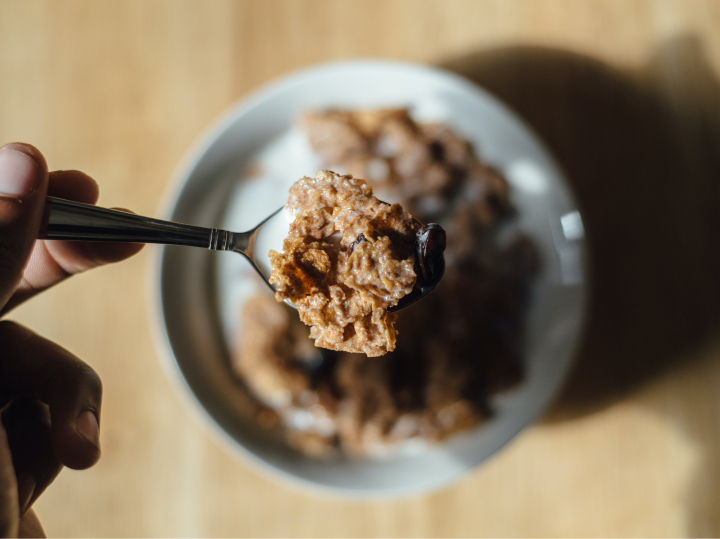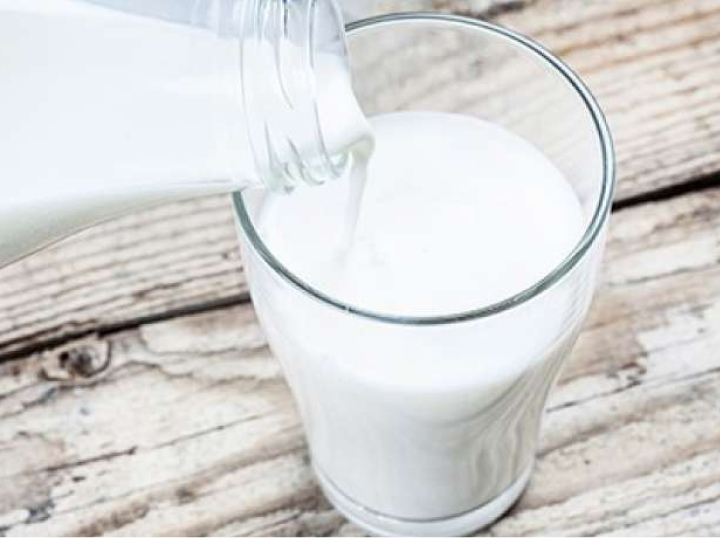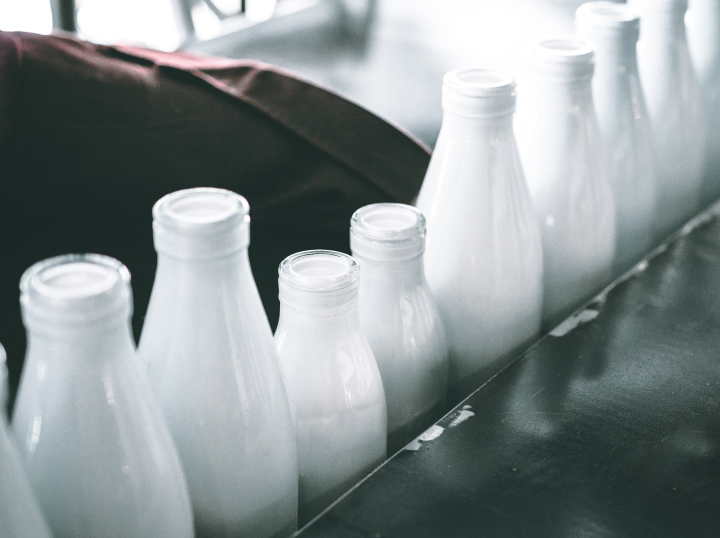Fueling Your Active Child With Real Milk
By Pro Basketball Player and Registered Dietitian
Briana Butler Each fall kids all around the country are back in school, whether virtual, in-person, or homeschool, and back to school means back to sports! You know what else this means? Parents searching for the best things to feed our active kiddos!
Every mom wants to keep their little athletes healthy and energized. (I know I do!) Let’s face it, being a parent is already hard, and finding nutritional facts shouldn’t cause us more stress. That’s why I’m here to help. So, if you’re wondering whether real milk is a suitable beverage to serve your kids on a daily basis, or about milk’s nutritional facts, I’m here as a mom and as a registered dietician to break it all down for you. Let’s go!
Milk’s protein, vitamins, and minerals can help build muscle and bone
Do you ever wonder what vitamins are in milk? One serving of real milk contains eight grams of complete, high-quality protein. In my toddler’s terms: “This can help you get stronger and stronger!” By comparison, most milk alternatives provide lesser amounts of incomplete proteins. (Only soy is a complete protein, but not as high quality as real milk.) Milk also provides calcium, vitamin D, potassium, and phosphorus, all of which are essential nutrients when it comes to building and maintaining strong bones.
Pro tip: To shake things up a bit, you can incorporate milk into dozens of recipes, making healthy grab-and-go snacks for your little ones. For example, kids go absolutely crazy for my Zucchini Oatmeal Muffins (and so do adults, if I’m being honest). These treats are beyond delicious, and they can help kids replenish and refuel after a long afternoon of running, jumping, and climbing.
Milk can help rehydrate kids
When it comes to keeping kids (and adults) hydrated, milk really gets the job done, especially when you live in a state like mine where triple-digit heat is common. Being 90% water, milk is a natural source of electrolytes, including sodium, potassium, calcium, and magnesium. No wonder milk hits the spot after an afternoon of playing outside. Just ask my son!
Milk has carbs and B vitamins for energy
Did you know that an eight-ounce glass of real milk contains 12 grams of carbohydrates and four B vitamins? The carbs in milk are natural sugars that fuel kids to run around on a field, shoot hoops or slide into first – and B vitamins are the “energy vitamins” because they help our bodies convert food into energy. Score!
The bottom line
When it comes to providing kids with good nutrition and energy, milk helps to fuel them both in and out of the classroom. After all, milk is a powerhouse beverage that has 13 essential nutrients including protein, vitamin D, calcium, and natural electrolytes. Milk cheers for helping our children be healthy and active!





